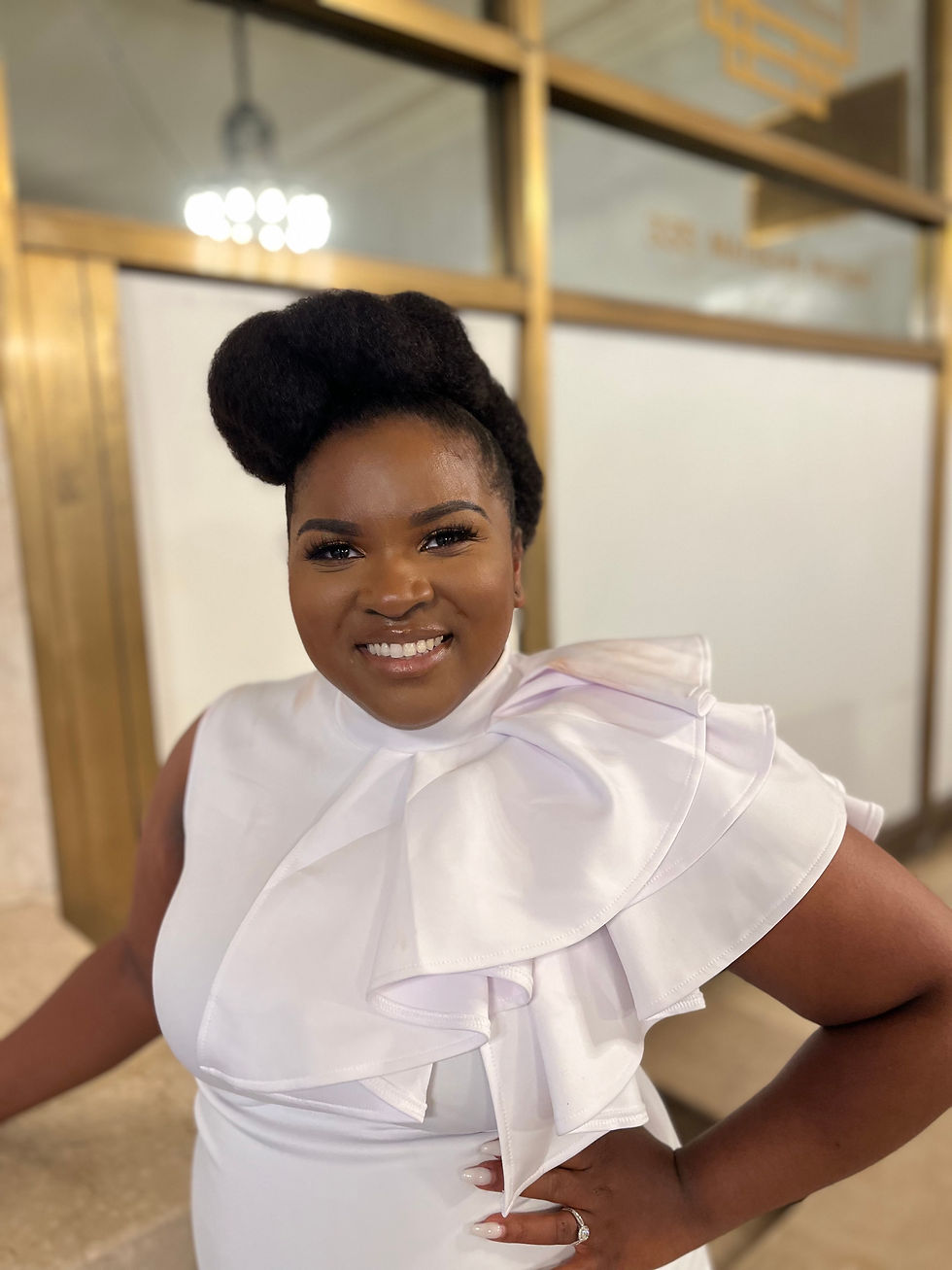Trauma in the Transition - Part 3
- Conscious Coore

- Jul 21, 2025
- 3 min read
Updated: Jul 30, 2025
Get more content on Trauma-Informed Spiritual care on your socials through Instagram, Tik-Tok, and Facebook
Someone out there is wondering why I keep telling y’all my business. (Louisiana-native here, so yes—I said “y’all.”)
The answer is simple: I’m practicing what I preach.
A couple weeks ago on Instagram, I said it’s counterproductive to leave out the conflicts when leading the charge in trauma-informed spiritual work.
That post opened the door to a whole reflection on why we tend to leave out the conflicts when we talk about life’s woes. We’ll say “life is life-ing,” but we won’t say, “here’s what I’m wrestling with internally.”
So here’s some of mine:
My transition began long before the move. It began with rebuke for disobedience.
A little while before the move, I felt ashamed for previous seasons of doubt and disobedience.
I feared being locked out of the promises of God as a consequence of the time I’d wasted in unbelief.
There were moments I felt truly insane for believing that any of this was “that serious.”
At the same time, I felt deeply convinced that this matter of obedience was “that serious”—and more.
I’ve had irresistible hope for months… and even that hope has caused fatigue.
I’ve despised the level of obedience and flexible lifestyle my calling requires.
For years I’ve grieved that my life might look like flights, churches, and conferences over a five-bedroom house in the South with a plot of green land.
And the biggest one of all: no one is required to understand me, but I am required to obey.
Inner conflicts. They follow you from one season to the next and come up in new relationships, spaces, and callings like socio-emotional shape-shifters.
They are messy, but they have to be shared in order to be dealt with and they have to be shared in a safe space in order to explore with depth.
I bring this up because we've all been trained to hide the conflict, partially for fear of what others will think, but largely because those most familiar with us do not always respond supportively. In effort to help, they silence. They have no language or good doctrine for suffering, so they drown it out with platitudes and teachings. Here's one of them: take every thought captive.
But if you’re honest, sometimes it feels like what’s really happening is this: you’re trying to shut down uncomfortable thoughts so fast that you never get the chance to understand where they came from—or what they’re trying to show you.
Here’s the thing: your faith can’t fully function when it’s built on top of unresolved inner conflict.
Not because you’re not trying hard enough. Not because you don’t believe. But because trying to ignore your inner world in the name of faith often just creates more distance between you and the healing you're praying for.
Many of us were taught to deal with conflict—especially spiritual conflict—by moving past it quickly. Say the right scripture. Think a better thought. Rebuke the doubt. And while those tools have their place, they don’t always help us heal. They help us hide.
That inner tension you feel—the one between what you believe and what you’ve been through—deserves more than a spiritual slogan. It deserves your attention.
Naming the conflict is not the same as surrendering to it. It’s actually the first step toward real resolution. Whether the struggle is around your identity, how you view God, how you interpret pain, or whether you feel safe being honest in your faith community, the truth is: unresolved conflict doesn’t just go away. It waits. And it often resurfaces when you’re trying to move forward, grow, or trust again.
If your faith feels stuck or your healing keeps getting interrupted by the same internal wrestle, I want to encourage you: you’re not broken. You’re likely being invited to go deeper than you’ve gone before.
You don’t have to work this out alone. We create space for this kind of healing work inside spiritual counseling sessions, where we talk through spiritual questions, your belief system and real-life struggles that often get oversimplified in religious spaces.
You’re allowed to bring your full self into the healing process—even the parts that don’t have it all figured out yet.
Know exactly what you're getting with our mental health programs when you click here.

Conscious Coore is a trauma-informed spiritual care educator and the founder of Flamingo Trauma Recovery. With over a decade of experience, she blends biblical wisdom with therapeutic care to help individuals heal after trauma. Through her work, Conscious empowers clients to rebuild faith at their own pace, offering a safe space for transformation.
To learn more about trauma-informed spiritual counseling or to explore upcoming programs, visit consciouscoore.com
Email at conscious@flamingorecovery.0rg




Conscious!!
This came right on time and is on point. Thank you so much for sharing.